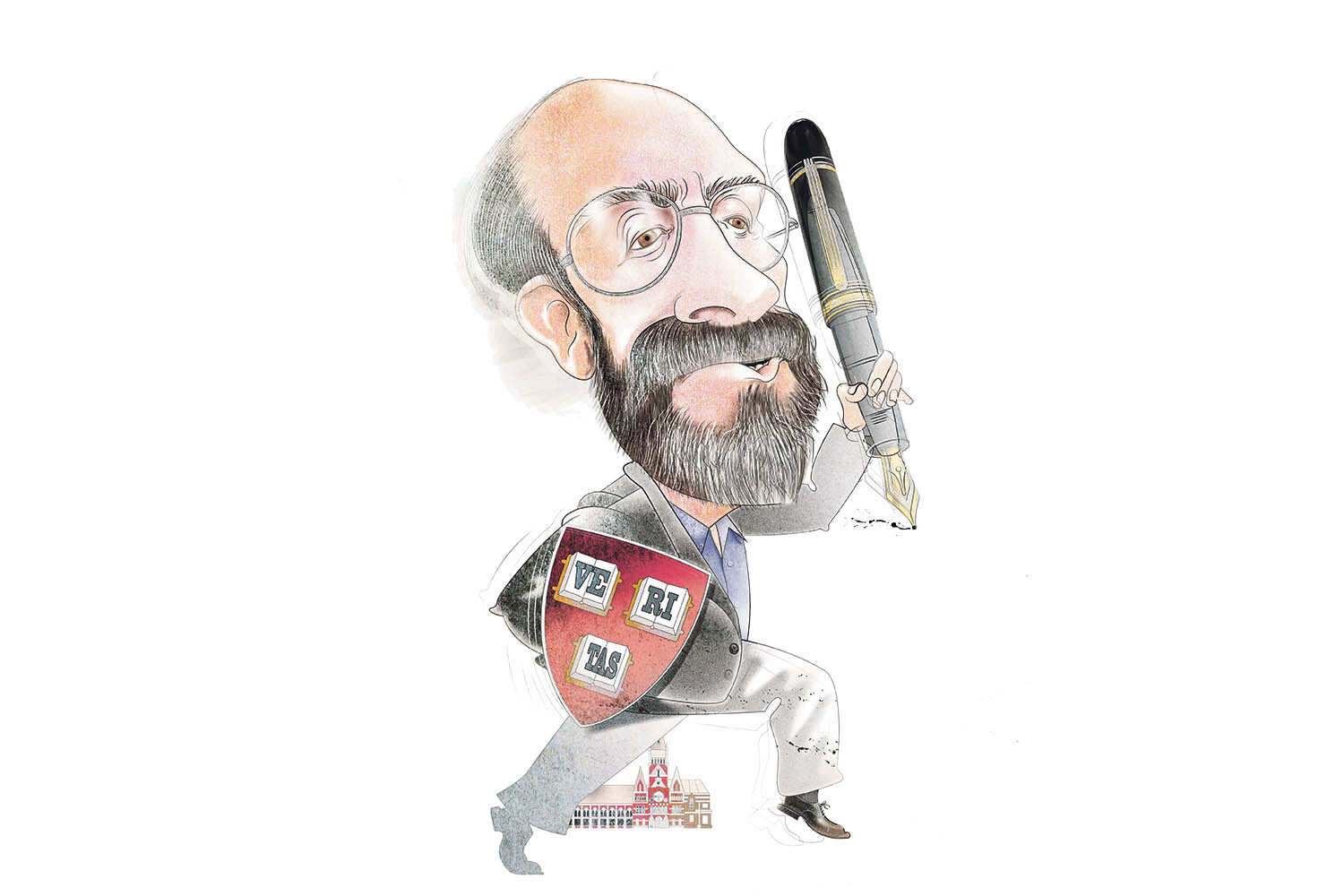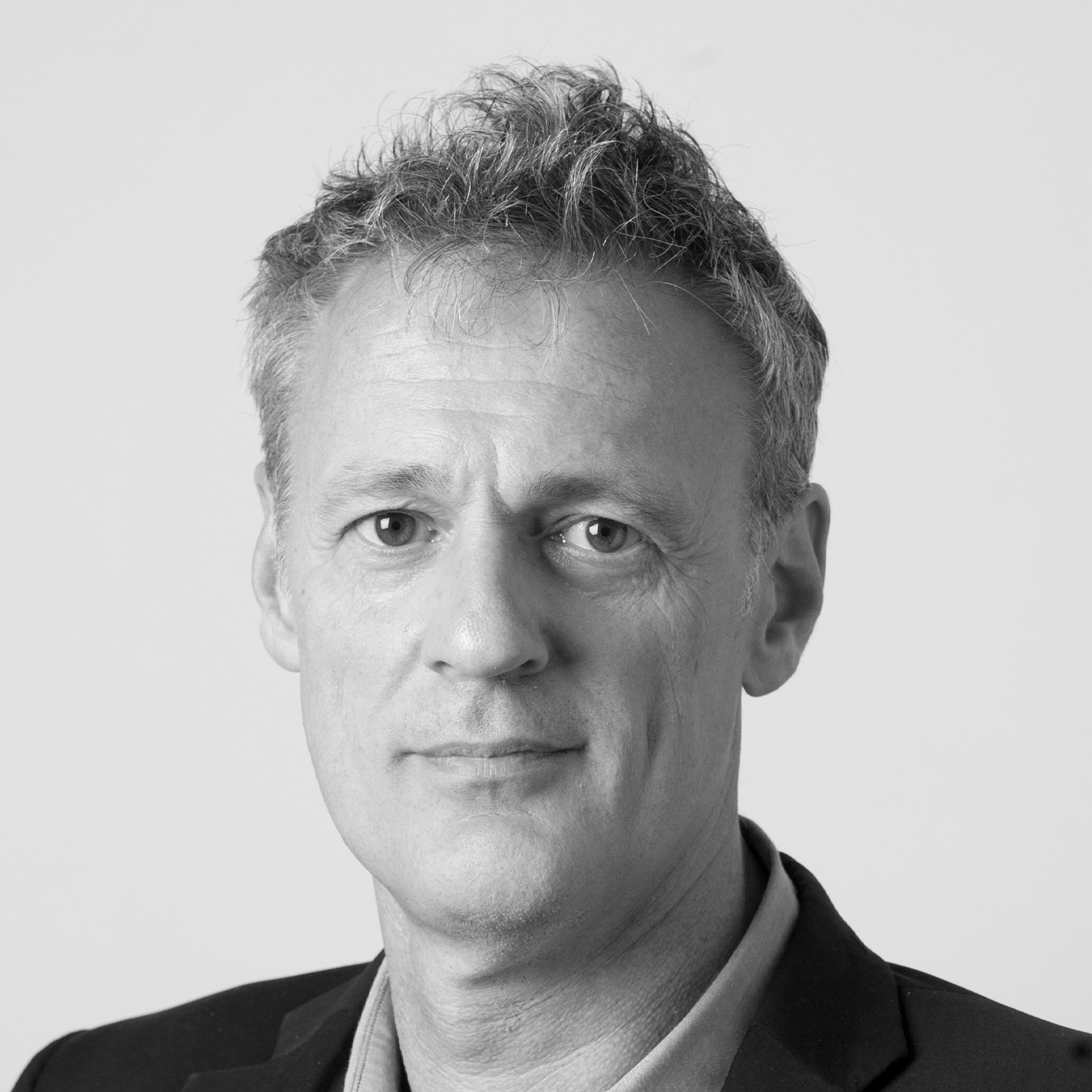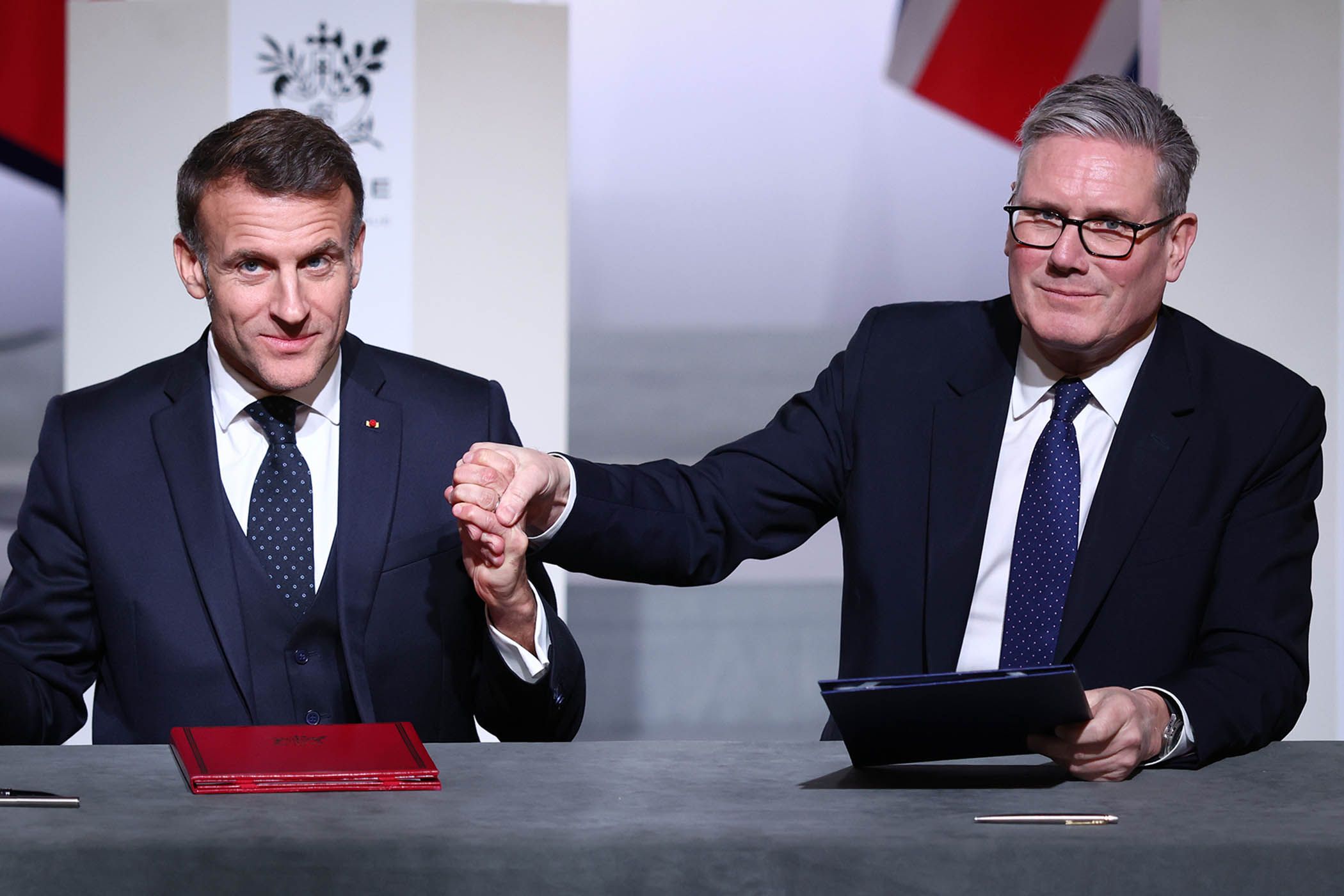Back in April the influential New York Times conservative columnist David Brooks called for a mass movement of resistance against Donald Trump’s rule-by-decree which, he said, was “shackling the greatest institutions in American life”. All movements require leaders, and, although Brooks didn’t mention any names, an unlikely candidate has emerged in recent weeks.
Alan Garber is the sort of character people walk by without noticing. A mild-mannered 70-year-old, small in stature with a high forehead, grey beard and a reedy voice – the very embodiment of the word “unprepossessing”. Yet in an era in which heroes appear to be in short supply, Garber, who is president of Harvard University, has gained an heroic aura by defying the Trump administration.
It started in March when the administration announced it was reviewing $9bn in grants and contracts to Harvard because the university had not done enough to prevent antisemitism on campus. Garber, who is himself Jewish, responded in characteristically temperate manner, committing to cooperate with the federal task force on antisemitism while recounting the reforms already under way.
It made no difference. A month later he received a letter from the White House demanding he audit the opinions of students and faculty and requiring pro-Palestinian student organisations be banned. Unlike his counterpart at Columbia University, Garber refused to buckle.
As he wrote in response: “No government – regardless of which party is in power – should dictate what private universities can teach, whom they can admit and hire, and which areas of study and inquiry they can pursue.”
For Trump that was a declaration of war. He froze federal funds, and the Department of Homeland Security issued a statement that included the mafia-like line: “Let this serve as a warning.”
It also revoked the university’s right to enrol foreign students, although last week a federal judge upheld Harvard’s attempt to block the restriction. On the same day as the judge’s announcement, Garber received a raucous ovation from students when he gave a speech at the annual graduation ceremony. “Members of the class of 2025 from down the street, across the country, and around the world. Around the world,” he repeated to resounding cheers, “just as it should be.”
Garber has reiterated the point that the frozen billions include funding for the kind of medical research that has brought enormous health benefits to the nation. He finds the fact that sanctions target those who have nothing to do with problems Trump invokes “perplexing”.
Related articles:
No government should dictate what private universities can teach or study
No government should dictate what private universities can teach or study
Alan Garber
Last week he called on all universities to “be firm” in their commitment to education and the pursuit of truth. Such calm reason and temperate language is a red rag to a man who is frequently moved to write in capital letters. As Steven Pinker, Harvard’s celebrated professor of psychology, says: “Alan commands the trust and respect of most of the faculty because of his obvious virtues: judiciousness, willingness to listen and the discernment and steadiness to navigate an extraordinarily complex and dangerous environment.”
Pinker has been a critic of Harvard’s failure to uphold free speech and has called on it to treat antisemitism with the same gravity it treats racism. Although he sees Trump’s stance as disingenuous, given his sympathy for Holocaust deniers and neo-Nazis, he admires Garber’s willingness to address the issues. “Critically, he’s willing to recognise and act on Harvard’s shortcomings, a prerequisite to regaining the trust of the citizenry and to negotiate credibly with the government,” he says.
Newsletters
Choose the newsletters you want to receive
View more
For information about how The Observer protects your data, read our Privacy Policy
Garber seemed to refer to an intransigent government and dogmatic activists when he said in the graduation speech: “Though many would be loath to admit it, absolute certainty and wilful ignorance are two sides of the same coin, a coin with no value but costs beyond measure.”
He must tread a fine line, however, in trying not to provoke further federal interference while carrying the student body and faculty with him. He has already dismissed two staff members at the Middle Eastern studies centres, which had been criticised for its anti-Israel bias. That move drew both condemnation and support on campus, but Gaber’s resolution in dealing with Trump has had a more unifying effect.
“It may not be universally felt but at least among many of us there is a real deep gratitude for his steadfastness,” says Greg Epstein, the university’s humanist chaplain. Garber's style is the very opposite of the machismo that Trump admires, he r also obviously possesses staying power. He has competed in six Boston marathons, recording the impressive finishing time of 3 hours 32 minutes at the age of 59.
Nor is he one to flap in the face of intimidatory tactics. A scene at an alumni event a year ago captured the man’s imperturbable nature. As he was about to make a speech at the rostrum, an animal rights protester took him by surprise and threw a can of glitter over him. He took a moment to dust himself down and then told the waiting crowd: “I hope Harvard will always be a place where free speech continues to thrive.” Garber grew up in Rock Island, Illinois, where his father owned a liquor store. He and his twin sister were standout students from an early age, and, like Trump, Garber went on to take an economics degree. In his case it was at Harvard College (the undergraduate part of the university) rather than at the University of Pennsylvania. That may well be where similarities between the two end.
The midwesterner was appointed as interim president in January 2024, replacing the first black president, Claudine Gay, who resigned after allegations of campus antisemitism and her own plagiarism. His post, made permanent last August, ends with the 2026-27 academic year– presidencies have often been a decade or more.
“To serve a term so brief is a model of leadership humble by Harvard standards,” says a staff member. “He’s doing it for the good of the university rather than his own glory.”
Garber was Harvard’s provost, the chief academic officer, for more than a decade, having been recruited from Stanford. It was a position in which he made no enemies and built a reputation for encouraging collaboration between once uncooperative departments.
He is a cross-disciplinarian with a PhD in economics from Harvard and a medical doctorate from Stanford, pursuing the two simultaneously at institutions 3,000 miles apart. Although he’s worked as a physician, his speciality is US health policy, about which he has been a thoughtful critic. Among the questions he’s posed is why pharmaceutical companies are allowed to charge what they want for drugs developed with federal funding.
Such inquiries have not, however, prevented him from serving on two pharma company boards. It was revealed, while he was provost, one had paid him $1.7m between 2011 and 2018, and the other almost $1.2m for a year’s work in 2017-18. To Harvard’s critics such rewards are all of a piece with the elitism and detachment from wider society that they denounce. That such figures pale against the enormous sums the Trump family is estimated to have made during this presidency is unlikely to affect the popular Ivy League caricature.
There should be no doubting the effect of the funding freeze, – “It’s a very real crisis which has even tendered professors considering their life choices,” says one staff member, but it’s worth remembering that while Garber is in office for two more years, Harvard has been around since 1636. The chances are it will take more than a presidential decree to thwart its progress.



